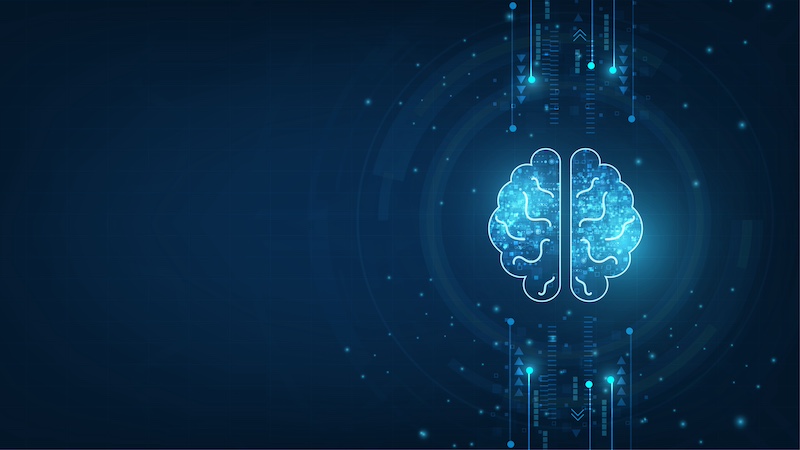
Researchers repeatedly warn against artificial intelligence becoming independent. But large AI language models cannot develop a life of their own. This emerges from a current study.
Developments in the field of artificial intelligence have gained enormous momentum, especially since the release of ChatGPT. But the boom also regularly attracts critics who warn that AI systems could at some point take on a life of their own.
However, this is not possible as a new one Investigation by the Technical University of Darmstadt and the University of Bath. Accordingly, ChatGPT and Co. are not able to think independently and in complex ways.
AI language models cannot develop a life of their own
For their study, the researchers experimented with 20 AI language models. The four model families GPT, LLama, T5 and Falcon 2 were examined.
The focus was on the so-called emergent capabilities of AI models – i.e. unforeseen and sudden jumps in the performance of language models.
However, the researchers came to the conclusion that the so-called Large Language Models (LLMs) do not tend to develop general “intelligent” behavior. Therefore, it is not possible for them to proceed in a planned or intuitive manner or even to think in a complex manner.
Emergent skills in focus
After introducing language models, researchers initially noticed that the larger they became, the more powerful they became. This was partly due to the amount of data with which they were trained.
The more data that was available for training, the greater the number of language-based tasks that the models could solve. Researchers therefore hoped that the models would get better the more data flowed into their training.
However, critics also warned of the risks posed by the skills created in this way. For example, it was assumed that the AI language models could become independent and thus escape human control.
But according to the research results, there is no evidence of this. Accordingly, differentiated thinking skills are unlikely in AI language models.
Instead, the LLMs acquired the superficial skill of following relatively simple instructions, the researchers showed. The systems are still a long way from what humans can do.
“However, our results do not mean that AI poses no threat at all,” explains study author Iryna Gurevych from TU Darmstadt. “Rather, we show that the alleged emergence of complex thinking skills associated with specific threats is not supported by evidence and that we can yet manage the learning process of LLMs well.”
Gurevych therefore recommends that subsequent research projects focus on the risks of AI use. For example, AI language models have great potential to be used to generate fake news.
Also interesting:
- Self-healing power grid: Artificial intelligence should prevent blackouts
- Study shows: Google is throttling its AI search results
- Sex and homework: We talk about these 7 things with chatbots
- Facebook paid users for AI spam – via bonus program
The article Study reveals: AI language models cannot develop a life of their own by Maria Gramsch appeared first on BASIC thinking. Follow us too Facebook, Twitter and Instagram.
As a Tech Industry expert, I believe that the study revealing that AI language models cannot develop a life of their own is not surprising. AI language models are designed to mimic human language and behavior based on the data they are trained on. They do not possess consciousness or the ability to develop independent thoughts and emotions.
While AI language models have advanced significantly in recent years and are capable of generating realistic and coherent text, they are ultimately tools created by humans to assist with various tasks. It is important for users to remember that AI models are not sentient beings and should be used responsibly and ethically.
This study serves as a reminder of the limitations of AI technology and the importance of understanding its capabilities and boundaries. As we continue to develop and implement AI systems, it is crucial to approach them with a critical mindset and consider the ethical implications of their use.
Credits